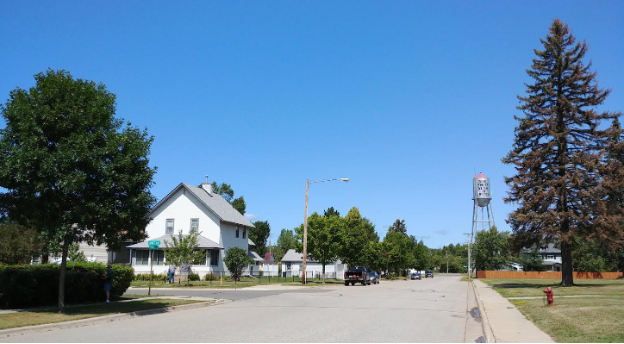MACS Rural Initiative Underway
By Jane Leonard, MACS Board Chair
Thanks to funding from the McKnight Foundation, MACS and its partners have started work this spring on what we are simply (and importantly) calling the Rural Initiative. We are intentionally working with and calling out rural distinctiveness as the first of three focus areas of historically undercounted populations in the decennial Census and annual American Community Survey (ACS).
In our May 2024 newsletter is a story about one of the first Rural Initiative efforts underway this spring – and a key one being led by rural community members -- the formation of the MACS Rural Advisory Committee (RAC). RAC members will create an outreach plan by this fall that aims to lift rural needs and build rural-based solutions to help overcome the challenges of rural data collection in advance of the 2030 Census.
Rural undercounts can lead to misrepresentation of these communities in local, state, and federal policymaking and investment decisions across all sectors. Our Rural Initiative work to improve rural Minnesota’s data visibility also includes a recent presentation by MACS data committee members to Minnesota’s congressional delegation and their staff (May 20 via Zoom).
The MACS Rural Stakeholder Briefing: “Rural Communities at Risk, How Accurate Data Support Local Vitality”, helped attendees better understand the levers of rural vitality and how, with improved Census data at their fingertips, community members and leaders can sustain and improve that vitality to benefit all Minnesotans. The briefing is being offered to any and all interested participants on July 8 via Zoom. Register here.
Rural areas are always evolving. But how do we know what is happening – to what level, how quickly, and where? The Census and American Community Survey are the go-to sources to confirm changes. But rural areas have been one of the hardest in which to obtain accurate decision-making data that could be helpful to community members and public-private leaders alike. What are the consequences of demographic and economic changes? What does it mean for communities and the policymakers who represent and support them when we don’t have enough information, especially at more granular local levels, to make meaningful decisions and investments that can help rural people and places thrive?
To answer those questions and more, public and private programs and investment require consistently good data. Unfortunately, data for rural Minnesota and rural America have significant and unique challenges, including small sample size and non-response follow-up for the ACS, balanced methods for protecting confidentiality, and enough funding for the 2030 Census to include adequate testing in rural areas and data collection infrastructure suited to the uniqueness of rural conditions.
Minnesota, through the MACS Rural Initiative, is leading the way towards achieving a more complete count and understanding of rural communities, led by rural community members. That understanding can in turn ensure a greater chance for rural vitality and secure a better future for all Minnesotans in the years to come.

